My recent post, Is E & O Insurance A Waste Of Money, prompted this comment from Arizona Home Inspector, Jeff Byfield:
Joe my question is, if you didn’t have insurance would you even be considered in these frivolous law suits that greedy people and unscrupulous attorneys pull you into? What can they really sue you for besides your ladder and a few tools, or is there more to this than what I’m thinking?
This is a question that comes up every time I present the Law and Disorder Seminar and every time I write about professional liability insurance.
Many inspectors believe that, if there is no pot of gold – insurance – at the end of the rainbow, claimants and their attorneys will simply fold their tents and go away. Problem solved. Unfortunately, as I have written extensively elsewhere on this site, lawsuits seldom end well for uninsured defendants and their uninsured status certainly does not immunize them from lawsuits.
While I have successfully persuaded over 500 claimants and their attorneys to abandon their claims, it was because I laid out compelling reasons for doing so bolstered by Force Ten levels of logic. They did not do that because the inspector had no insurance, they did it because I convinced them that they had no claim.
Some inspectors who have been following me for years and are familiar with my phenomenal success at terminating home inspection claims aborning have wondered to me what the point of having professional liability insurance is, if 97% of claims go away with a letter. Why, indeed?
(more…)
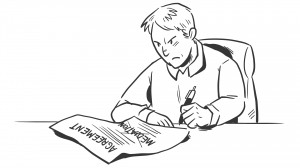 Mediation is not a home inspector’s home court.
Mediation is not a home inspector’s home court.
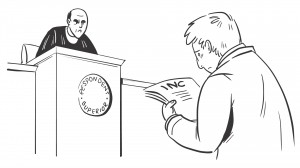 Many home inspectors are SHOCKED to hear that their corporate entities (sub-chapter S or limited liability corporations) do not insulate them from personal liability for doing a negligent home inspection.
Many home inspectors are SHOCKED to hear that their corporate entities (sub-chapter S or limited liability corporations) do not insulate them from personal liability for doing a negligent home inspection.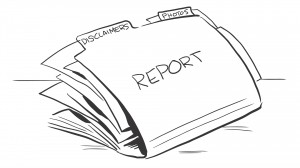 e detail – during my Law and Disorder Seminar.
e detail – during my Law and Disorder Seminar.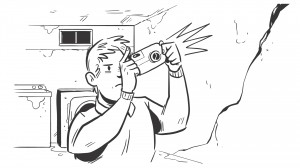
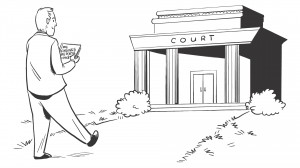 I’m starting to see a very disturbing trend developing between the home inspection industry and the real estate marketplace: non-client home sellers are bringing claims against home inspectors for the failure of their clients to follow through on the agreement of sale as a consequence of the home inspector’s findings.
I’m starting to see a very disturbing trend developing between the home inspection industry and the real estate marketplace: non-client home sellers are bringing claims against home inspectors for the failure of their clients to follow through on the agreement of sale as a consequence of the home inspector’s findings.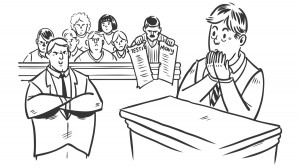 In the discovery phase of a lawsuit, laywers ask witnesses questions under oath that are recorded by a court reporter. Believe it or not, lying is commonplace!
In the discovery phase of a lawsuit, laywers ask witnesses questions under oath that are recorded by a court reporter. Believe it or not, lying is commonplace!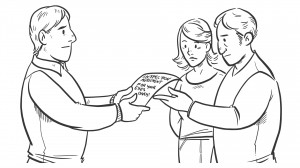 Sellers are encouraged to obtain home inspections prior to listing their house for sale.
Sellers are encouraged to obtain home inspections prior to listing their house for sale.